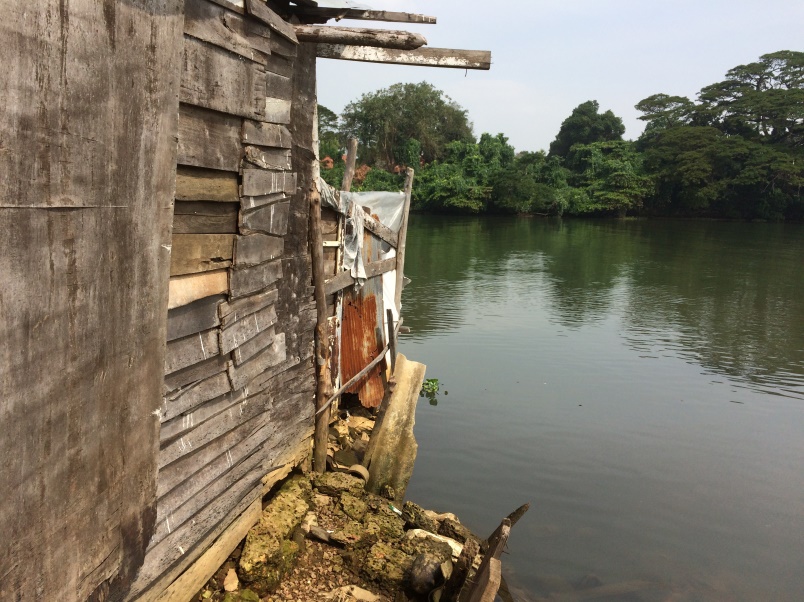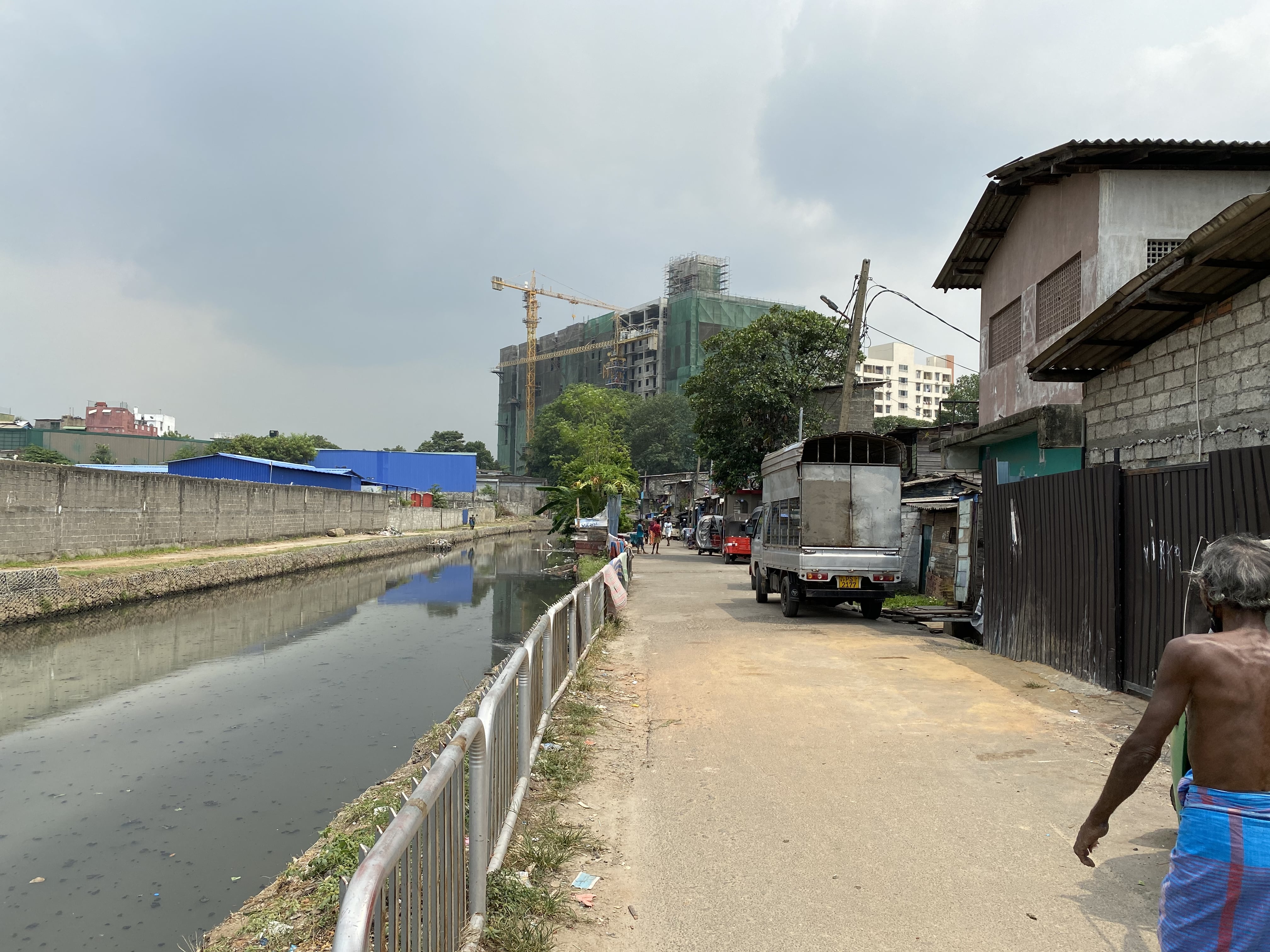Addressing the 24 hour cycle of urban risk: Gendered perspectives on non-conflict violence and climate change impacts in citiesThe pilot project was conducted in partnership with the University of Nottingham along with Karachi Urban Lab (KUL), Institute of Business Administration Karachi (IBA) and Kounkuey Design Initiative (KDI). The study examined how non-conflict violence and climate change risks overlapped and compounded vulnerability in low-income communities and how the experiences and perceptions of such risks varied with gender across contexts in the city.
Two flood affected low income communities were studied in Colombo during the 7 month pilot project period in 2021. Data was collected from women residing in Lunupokuna and Samanthranapura using in-depth interviews and focus group discussions along with the development of community profiles and maps. Researchers presented the findings in webinars organized by the University of Nottingham and contributed to documentaries: Building resilience in fragile urban environments - Colombo, blogs - Realising resilience: How do we make COP26 deliver for adaptation in fragile urban environments?, Policy Briefs - How do we make COP26 deliver for adaptation in fragile urban environments? Investigating how non-conflict violence risks and climate change risks overlap in cities, and what this means for adaptation, and articles. The project was able to contribute its findings and recommendations to the United Nations Climate Change Conference 2021 (COP26) held in Glasgow. The pilot research developed methodologies and concepts from the fields of urban climate adaptation and urban violence, explored addressing complex data and understood multiple inter-connections, and established a baseline for future research. By thinking about the nature, distribution and drivers of vulnerability, and systemic risks related to gender, violence and climate change, it informed possibilities for change in policy and practice. The research was funded by the Global Challenges Research Fund (GCRF). |





